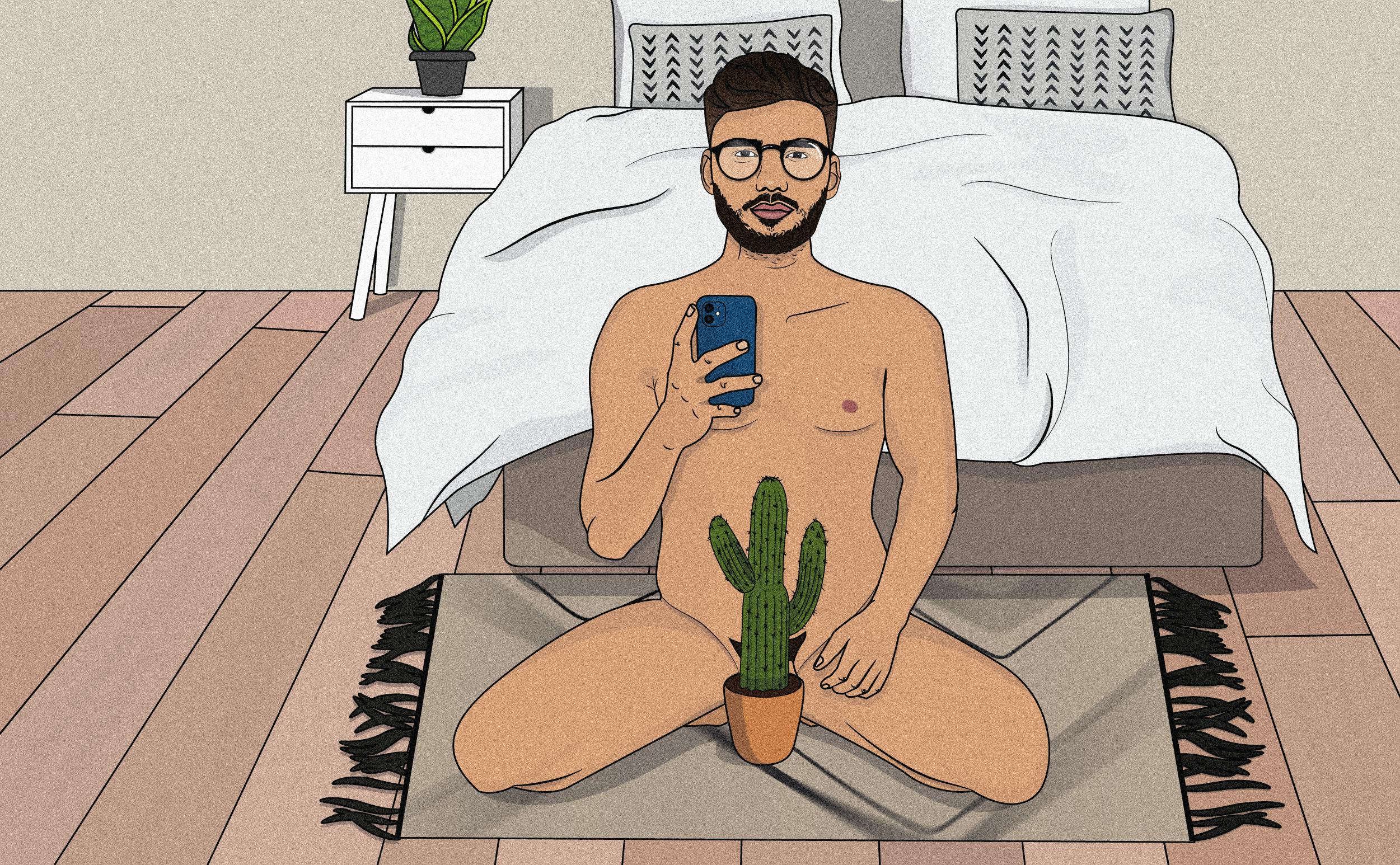What Does It Mean to be "Sex Positive"?
What Does It Mean to be "Sex Positive"?
In a time where “sex positivity” is a serious buzzword, it’s important to get clear about what we actually mean when we say we’re sex positive. So, let’s break it down:
Where did the term “sex positive” come from?
While it may feel as though sex positivity is a 21st-century term that was coined by all of the wonderful comprehensive sex education content creators on Instagram, TikTok, and beyond, it actually has an extensive history. Wilhelm Reich, an Austrian psychoanalyst out of the Freudian canon, is typically credited with coining the term “sex positivity.” During the 1940s-50s, his claim that sexual experiences can actually be considered healthy, pleasurable, and an integral part of human experience was quite controversial, but not at all singular. It’s important to understand that the discourse on sex and sexuality was, and is, mainly dominated by white, male psychoanalysts, gynecologists, doctors, politicians, and on a larger scale, governments. So, while Reich had both the means and the audience to make a claim about sex positivity doesn’t mean that others weren’t both practicing sex positivity and healthy sexuality, and talking about it.
Communities like ballroom culture in Harlem, New York and feminists with bohemian ideas in the Village during the 1920s, were all additionally part of sex positive, gender fluid, and queer communities. Although their experiences have been often left out of discussions on the emergence of sex positivity, their impact was crucial. Feminists of the Village believed sexuality was only a problem of free speech and fought for sexual expression to be based on democracy, while simultaneously challenging the patriarchy. Likewise, LGBTQ+ communities and racial minorities created their own extension of ballroom culture that was not only based on sex positive principles but inclusive.
What does it mean to be sex positive?
Contrary to popular opinion, sex positivity doesn’t mean you need to be fully immersed in the deep and vibrant world of role play, restraint play, sensory deprivation, and other kinks. Being sex positive doesn’t even require that you actively have sex or want to. So, if being sex positive isn’t about being wholly into all things sex and pleasure, what is it?
The term sex positivity is both a response to and action against sex negative culture. Sex negativity is a prevalent way of thinking about sex that relegates it to the private sphere of our lives; only to be engaged in the context of a married, and often heterosexual, family with the purpose of reproduction.
The implications of sex negativity are extensive, for example, it creates and promotes a vision of normative sex by identifying and working against “perversion” and “sexual deviants.” Sex negativity works with and can’t be separated from other forms of oppression, especially racism, homophobia, and transphobia. All BIPOC, queer and trans people are implicated within sex negativity as “sexual deviants” for existing outside of what sex negativity deems to be normative bodies: those that are white, straight, and cisgender. When we take all of this into consideration, it becomes clear that sex positivity is an understanding of sex and gender that prioritises pleasure, healthy communication and the agency of everyone who both choose to participate or not.
Sex positivity works against sex negative culture by recognising the autonomy, humanity, and desire of all bodies; it acknowledges how sex negative culture has utilised systems of oppression to shame and demonise marginalised people and bodies, as well as those who have sex for pleasure.
Why is sex positivity important?
No matter what you identify as, choosing to be sex positive is a step towards breaking down a culture of hositility towards marginalised communities. We can see how the prevalence of sex negativity of the past has affected people of today – thoughts and ideas that have been taught and passed down in society that shame the other. Not only do we need to unlearn sex negativity as a society, but we must teach sex positivity to teach non judgement and respect when it comes to the diversity of people’s gender idenities and sexual interests.
When we no longer have to hide who we are and what we desire, we can be more open to pleasure. Anxiety, fear, shame – these all affect our mental health and in turn our sex drive. Should you be sex positive? Yes. Choose for yourself whether you want or don’t want to have sex; explore your own sexuality and don’t let others define it for you; and learn to accept gender identities & expressions even if you don’t quite understand them. In the end, sex positivity is about inclusivity and awareness, something the world needs even more right now.
10 ways to practice sex positivity in your own life
1. Pay for your porn
Sex work is real work, and when people choose to not pay for their porn they in turn suggest that it's not a real job and that there isn't true value in adult cinema. You wouldn't go into a small business and steal their products, so why steal from creators of adult content?
2. Fight for sex workers' rights
Anyone and everyone has the ability to make an impact. A small donation can go a long way; check out some of the organisations we support at Erika Lust Films.
3. Don't kink shame
People all over the world enjoy & practice kinky behaviour, instead of choosing to have an unfavourable attitude towards kink, use that energy to try to understand and learn more about it. Who knows? Maybe you've got a secret kinky side too 😉
4. Don't slut shame
It's 2021 and about time we stop judging people for their number of sexual partners.
5. Communicate your desires
Bottling up your desires both in a relationship and when it comes to sex can cause shame and affect your mental health. Find ways to discover confidence when communicating with a partner; whether that be about your gender identity or expression, sexuality, or sexual desires.
6. & stop apologising for them
The sky is the limit when it comes to sexual desire. As long as it's legal behaviour, there's a big chance someone else out there is into the same thing. Want to find out? I created XConfessions as a safe haven for all sexual desires; I turn crowdsourced sexual fantasies and confessions into award-winning erotic cinema. If you're ready, confess yours here.
7. Explore your body
I know I've said this many times before, but solo sex really is the safest form of sex. Go on a sexploration with yourself and discover your likes & dislikes.
8. Be an advocate for inclusive and comprehensive sex ed
The first step to understanding different facets of gender, sexuality, and sex is by listening and learning. Making sex ed a priority for everyone, especially younger generations, can make for a more sex positive future.
9. Be accepting
If you don't understand something, ask questions. Find ways to learn and accept.
10. Respect consent!
Respect other people's boundaries and the choices they've made when it comes to their body & identity.
Learn about different sexualities, gender identities & expressions by checking out my films on XConfessions. And, if you really enjoy learning 🤓 don't miss my documentary sex films that tackle sex negative culture through open discussions and demonstrations on sex, sexuality, and gender.

- M
- ManiNice
GET A FREE MOVIE
- M
- ManiNice

















